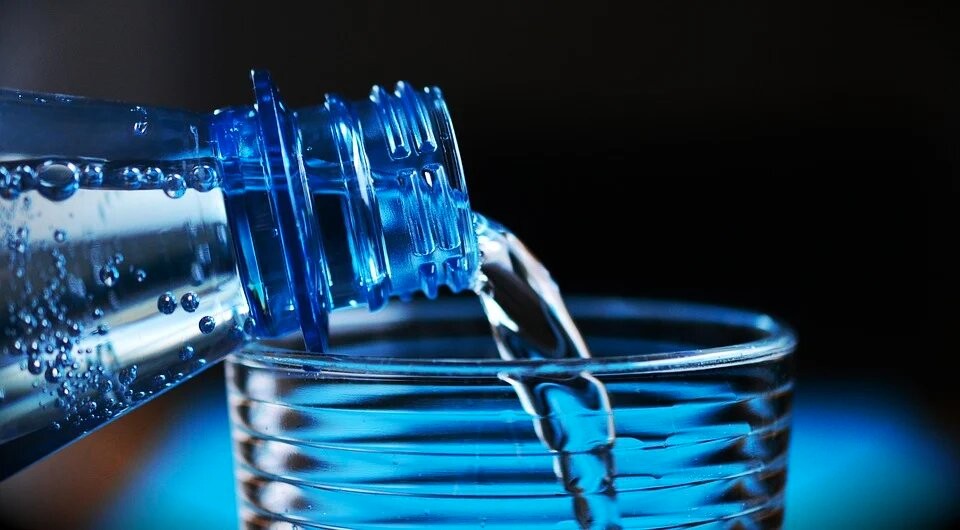Among the various kinds and varieties of water softeners available today, there are a few key considerations to keep in mind as you make your final decision. Consider your water’s hardness level, family size and water use, your household budget, the efficiency of various water softening devices, and other technical considerations before making your decision. Get the best water softener for your household by answering the questions given below.
Should I install a water softener?
There will always be some hardness in the water that enters your home, regardless of where you reside or the water source you use. Its hardness may vary from being completely innocuous to potentially harmful. You should know how hard your water is before you buy a water softener, since various models are built to handle differing mineral concentrations in water. Be sure it can alleviate your unique hard water problems before you buy it. If you want to get a feel for how hard the water is all around your area, check out this handy map showing water hardness.
What is the average daily water use for my family?
The grain capacity of a water softener is a measure of how much salt it can remove from water, and it is often measured in the tens of thousands. Grains are used as the unit of measurement for these capabilities. Look for this number beside the model number. In order to choose a water softening system with enough capacity for your whole home, it is crucial that you be aware of this information. It’s simple math that if you have more people and they consume more water, you’ll need a water softener with greater storage space, and the inverse is also true. Go to the following water softener capacity table to help you determine roughly how much of a unit will best meet your needs.
When and why would I need a water softener?
In the buying advice for water softeners that follows, you’ll notice that there is a vast variety of water softeners, each with substantial differences in cost, efficiency, and features. The energy efficiency of the unit, its ability to remove iron, the quantity of salt it needs, and its capability to filter out impurities are all taken into account when choosing the best system for the particular user, in addition to the system’s capacity to soften water. At first glance, this may seem like a lot of technical knowledge, but after you learn the basics of water softening, narrowing down your selections will be a breeze.
Now that you know the problem, you can start looking for a solution to soften the water in your house.
The market is flooded with many water softener models, so it shouldn’t be hard to zero in on the one that best suits your household’s needs. Once you have the basics of selecting a water softener down, you may narrow your choices significantly. If you can provide satisfactory answers to the issues raised above, you will have taken a significant step towards identifying the water-softening system that is most suited to your requirements.




